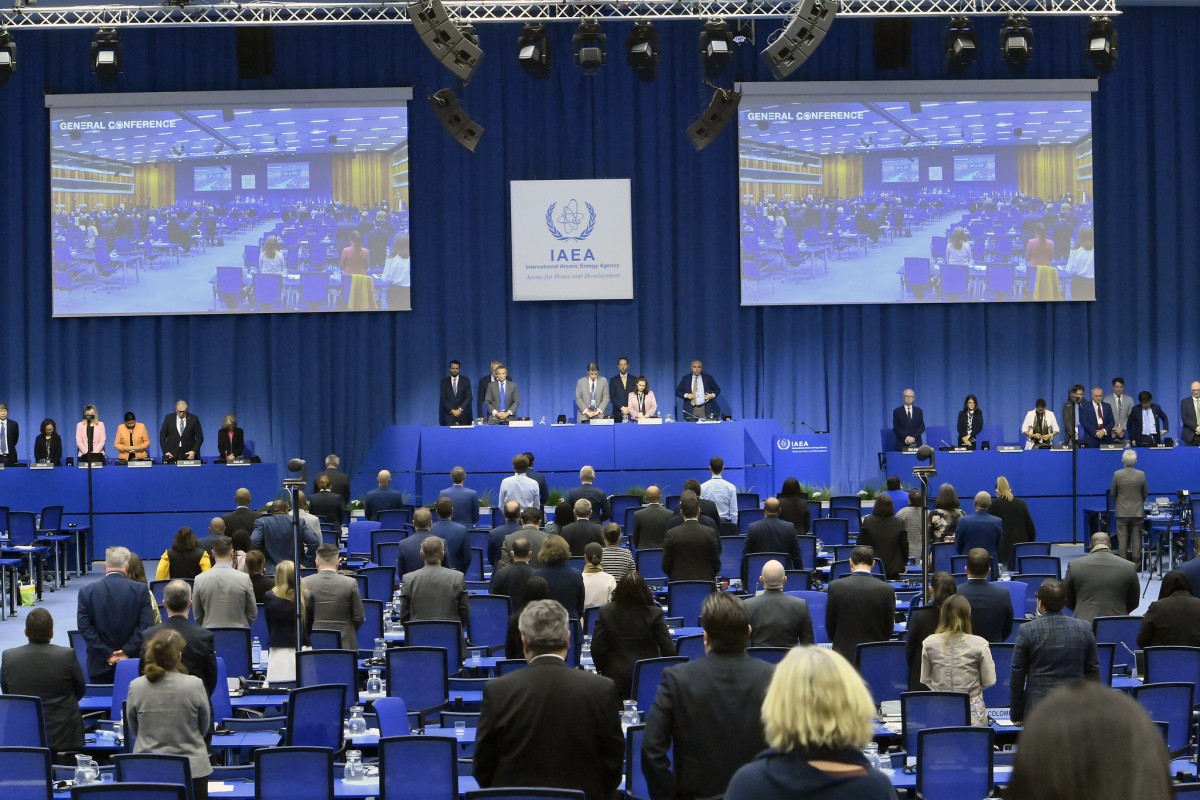Sponsored Content
International Atomic Energy Agency and its 66th General Conference
Many issues were discussed at the 66th General Conference of the IAEA, held in Vienna. The theme of "Global Cooperation in the Nuclear Field" focused not only on nuclear security, the future of nuclear technologies, and the role of the IAEA but also on global nuclear security issues, such as Iran's and North Korea's nuclear programs as well as recent Russian nuclear threats.
 As a result of the decisions made by the 175 IAEA member states at the General Conference, solutions are being developed for the most pressing challenges of our time, such as non-proliferation, energy security, and climate change. / Picture: © IAEA International Atomic Energy Agency / Dean Calma / Flickr Attribution (CC BY 2.0, https://creativecommons.org/licenses/by/2.0/)
As a result of the decisions made by the 175 IAEA member states at the General Conference, solutions are being developed for the most pressing challenges of our time, such as non-proliferation, energy security, and climate change. / Picture: © IAEA International Atomic Energy Agency / Dean Calma / Flickr Attribution (CC BY 2.0, https://creativecommons.org/licenses/by/2.0/)
The global shift toward increasingly favorable attitudes toward nuclear power was on display this week at the IAEA’s 66th General Conference in Vienna, according to the Agency. Its role in addressing global challenges and achieving sustainable development goals, such as mitigating climate change, is officially recognized by a record number of countries.
A total of 50 Member…
or Log In
Fast News Search





